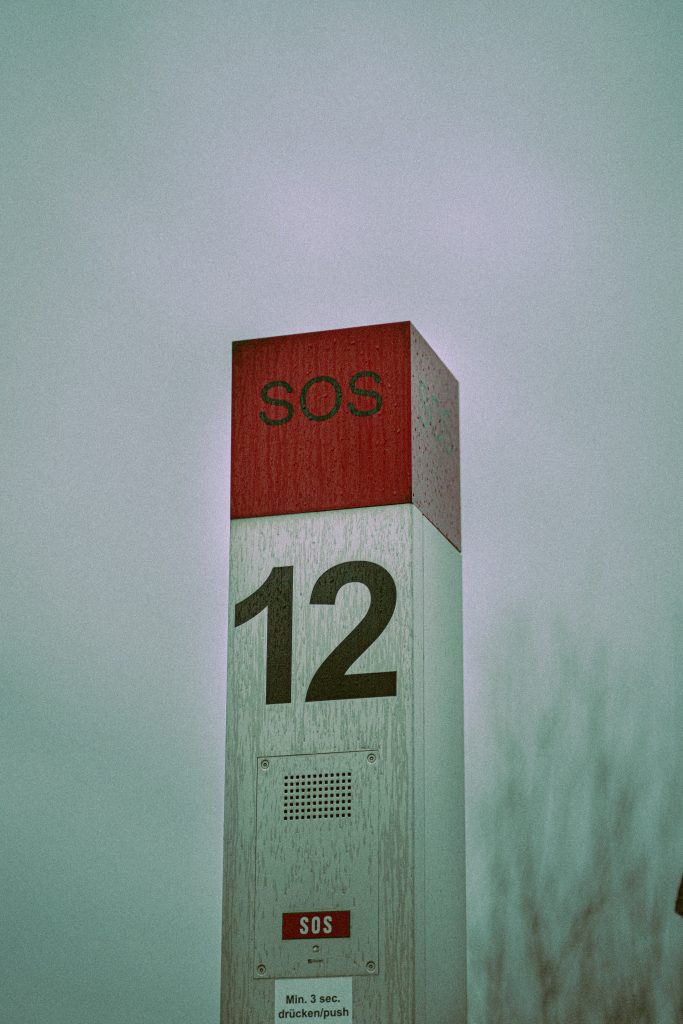
People are being ignored amidst a mental health pandemic
By Emma Holly
There’s nothing quite like the feeling when you hear that the waiting list is eighteen months long. A molten liquid spreads through you, and you think you might vomit. You are the little person waving from their desert island, realising that your S.O.S. message got washed away by the sea.
You don’t quite know if you can make it through today, let alone the next 547 of them.
It feels as though you are the sole being on the planet who is experiencing this. Of course, you are not. In the wake of the pandemic, the demand on the NHS for mental health help has been at an all-time high. An estimated ten million more people are predicted to need help within the next three to five years as a result of the strain caused by the pandemic. If this number was not already staggering enough, the NHS are currently facing an onslaught from all sectors.
That’s an awful lot of suffering, and few resources to deal with it.
A beloved organisation is being brought to its knees by a problem that is spreading just as quickly as the virus. It begs the question; how do we provide accessible mental health care for everyone?
Since the pandemic entered our lives two years ago, mental health issues have been magnified for adults as well as for children. It’s the stress of being cooped up indoors, the trauma of not being able to support our loved ones as they suffer, the anxiety of facing the uncertainty piled up in front of us. Its origin is understandable, but it is what we do next that defines the future of the UK’s mental health. The rate of mental illnesses in five to 16-year-olds has shot up to one in every six. Such stats should force us to take action. Those who are fortunate enough may be able to access their local free counselling service without an extortionate waiting time. However, those who have been through the system know that these waitlists can often take weeks, months, and sometimes even years. Thankfully, there are free helplines, such as the Samaritans, that can serve as a shoulder to cry on. They are funded purely by donations and sponsorships, and rely on the generosity of volunteers to answer the phone. They are incredible, but they are not trained professionals, which is what we need more of.
Additionally, there is the option of private therapy. These therapists have much shorter waitlists, and often offer an immediate start. The problem is, having the finances to afford private therapy is an immense privilege. With the average British private therapist costing between £40-£70 per hour, it eliminates a large demographic from receiving private help.
Students can often access free counselling offered by their universities, and many workplaces are beginning to introduce mental health first aiders into their offices. But there are holes in such systems. Those who work minimum wage roles, or are reliant on benefits, often fall short of receiving that additional free help, and in turn face a longer road to recovery.
So it seems there is no immediate solution to this crisis, but it doesn’t mean that we shouldn’t be hopeful. Whilst we sit out those waiting lists, we can surround ourselves with our loved ones, and create a strong support system. There are also more and more articles being published on blogs every day, with people sharing their mental health experiences. Many individuals are sharing tips learnt through therapy, which in turn can help others. Helplines and resources are always available for those in dire need. Even if our S.O.S. message hasn’t been seen yet, at least there is someone on our desert island with us.
If you ever feel as though you need help, do not hesitate to ring one of the free helplines listed below:
The Samaritans – 116 123 (open 24/7, 365 days a year)
CALM – 0800 58 58 58
Shout Crisis Text Line – text SHOUT to 85258
When searching for private therapists, the following link is a well-trusted source:
Photo by Leonie Zettl on Unsplash
